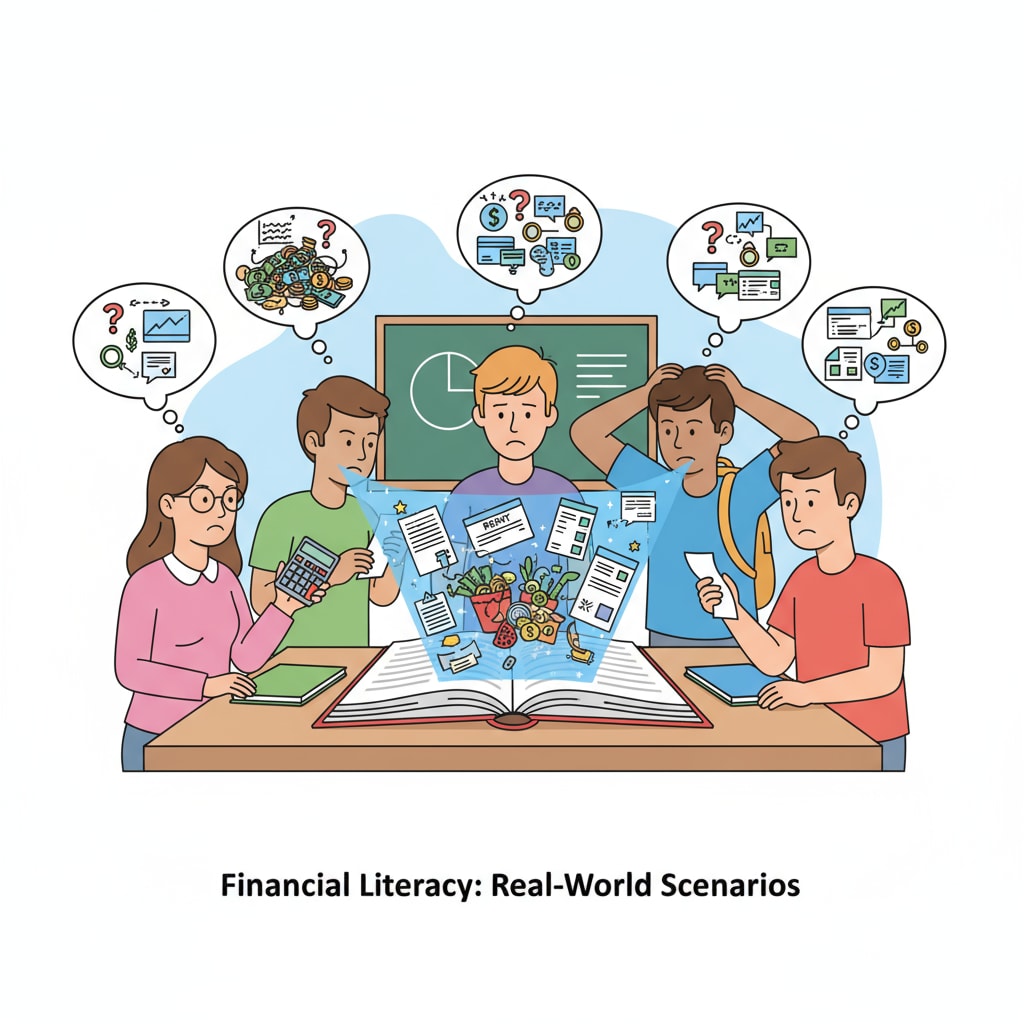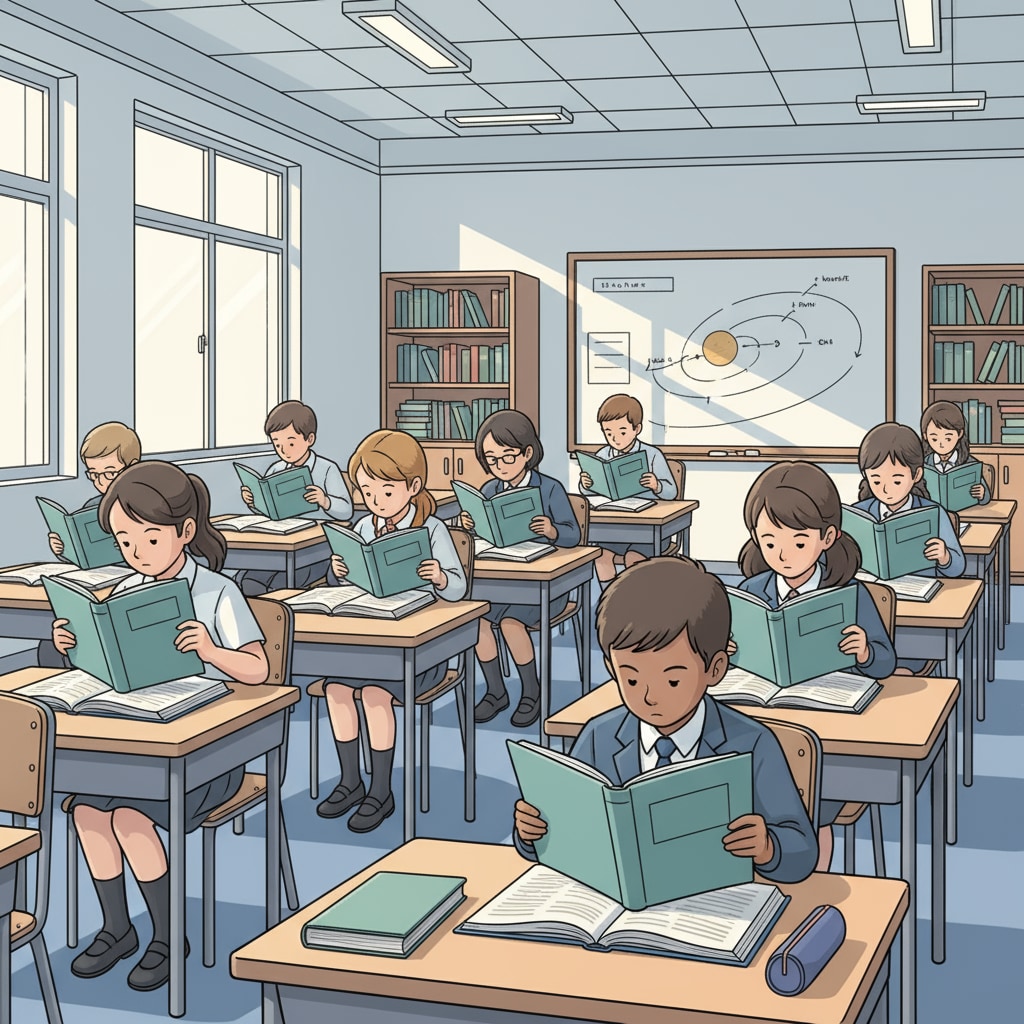In the realm of school education, the gap between what is taught and the practical skills and life abilities needed in the real world is becoming increasingly evident. The current K12 education system often places a disproportionate emphasis on rote knowledge memorization, leaving students ill-prepared for the challenges that await them after graduation. For instance, students might be proficient in solving complex algebraic equations but struggle to manage their personal finances or communicate effectively in a professional setting.

This misalignment between school education and real – world requirements demands our immediate attention.
The Overemphasis on Academic Knowledge
The traditional K12 education model has long focused on academic subjects such as mathematics, science, language arts, and history. While these subjects are fundamental, the excessive focus on them has led to the neglect of practical life skills. As a result, students are often left with a wealth of theoretical knowledge but lack the ability to apply it in practical situations. According to Education reform on Wikipedia, many educational reforms have aimed to address this issue, but progress has been slow. For example, in a recent survey, it was found that a significant number of high school graduates were unable to create a basic budget or negotiate a salary effectively.

The Absence of Key Life Skills Training
Interpersonal communication, for one, is a crucial life skill that is rarely given due attention in schools. Effective communication is essential for building relationships, both personally and professionally. However, most school curricula do not provide adequate opportunities for students to practice and develop these skills. Similarly, financial management is another area that is often overlooked. As stated on Education on Britannica, understanding concepts like budgeting, saving, and investing is vital for financial stability, yet many students graduate without any formal training in these areas. Additionally, skills such as problem – solving, critical thinking, and adaptability, which are highly valued in the workplace and in daily life, are not systematically taught in schools.
To bridge this gap, schools need to reevaluate their curricula. Incorporating practical life skills courses into the existing framework can be a significant step forward. For example, offering classes on personal finance, interpersonal communication, and career readiness can equip students with the tools they need to succeed in the real world. Teachers also play a crucial role. They can integrate real – life examples and case studies into their lessons to make academic knowledge more relevant and applicable. By doing so, we can ensure that students not only acquire theoretical knowledge but also develop the practical skills and life abilities necessary for a successful and fulfilling life.
Readability guidance: In this article, we have presented the problem of the disconnect between school education and practical life skills in short paragraphs. We’ve used lists where possible, like highlighting the key life skills that are lacking. The passive voice has been kept to a minimum, and transition words such as ‘for example’ and ‘additionally’ have been used to enhance the flow of the text.


